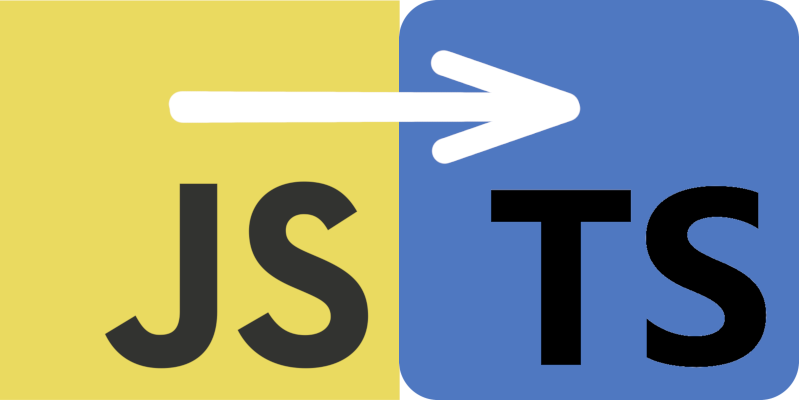From JavaScript to TypeScript: Essential Tips and Resources for a Smooth Transition

Introduction
As TypeScript gains popularity in the web development community, many JavaScript developers are considering making the switch to TypeScript for its added safety, scalability, and maintainability. Transitioning from JavaScript to TypeScript can be a relatively smooth process, but it helps to be prepared. This article aims to provide essential tips and resources for JavaScript developers looking to make the leap to TypeScript, ensuring a seamless and efficient transition.
Understanding TypeScript: The Basics
Before diving into the transition process, it's important to understand what TypeScript is and how it differs from JavaScript. TypeScript is a statically-typed superset of JavaScript, which means it extends JavaScript by adding optional static types. TypeScript code is transpiled to JavaScript, ensuring compatibility with all major browsers. TypeScript's key benefits include early error detection, improved tooling, and enhanced scalability.
Tip 1: Embrace Incremental Adoption
One of TypeScript's greatest strengths is its compatibility with JavaScript. Valid JavaScript code is also valid TypeScript code, allowing developers to adopt TypeScript incrementally. Rather than attempting to convert an entire project at once, consider starting with a small portion of the codebase, such as a single module or component. This approach allows developers to gain familiarity with TypeScript while minimizing the risk of introducing errors.
Tip 2: Leverage TypeScript's Type System
TypeScript's optional static typing system is one of its most powerful features. By adding type annotations to variables, function parameters, and return values, developers can catch type-related errors during the compilation process, making the codebase more robust and maintainable. To get the most out of TypeScript, it's essential to embrace its type system and make use of the available types and interfaces.
Tip 3: Utilize TypeScript's Advanced Features
TypeScript offers several advanced features that can help improve code quality and maintainability. Some of these features include:
- Enums: TypeScript enums provide a way to define a set of named constants, making code more readable and less error-prone.
- Namespaces: Namespaces can be used to organize and structure code, reducing the likelihood of naming conflicts.
- Generics: TypeScript's generics enable developers to create reusable, type-safe components that work with various types.
By taking advantage of these advanced features, developers can create more expressive and maintainable codebases.
Tip 4: Configure the TypeScript Compiler
TypeScript's compiler can be customized through the tsconfig.json file, allowing developers to fine-tune the compilation process. Some key options to consider include:
- target: Determines the output JavaScript version (e.g., ES5, ES6)
- module: Specifies the module system to use (e.g., CommonJS, ES2015)
- strict: Enables a set of stricter type-checking options for better type safety
By carefully configuring the TypeScript compiler, developers can ensure that their TypeScript code is compiled to JavaScript that meets their project's specific requirements.
Resources for Learning TypeScript
There are numerous resources available for developers looking to learn TypeScript. Some highly recommended options include:
- Official TypeScript Documentation: The TypeScript website offers comprehensive documentation, including a handbook, examples, and a playground for experimenting with TypeScript code.
- TypeScript Deep Dive: This free, open-source book by Basarat Ali Syed provides an in-depth look at TypeScript, covering everything from the basics to advanced concepts.
- TypeScript Courses and Tutorials: There are many online courses and tutorials available for learning TypeScript, such as those offered by Pluralsight, Udemy, and Frontend Masters.
- TypeScript Community: Joining the TypeScript community on platforms like Stack Overflow, GitHub, and Reddit can provide valuable